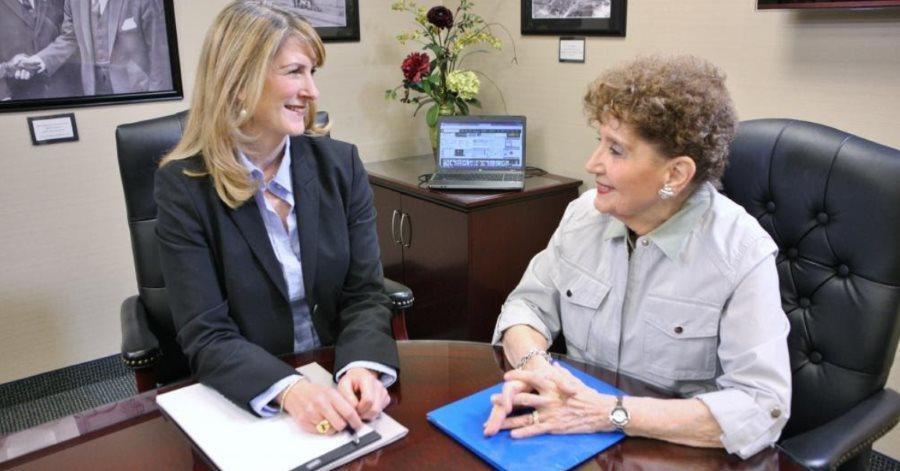You’ve taken the critically important step of establishing an asset protection trust. Congratulations! But wait – there’s more...
Have you funded your trust?
Many of our clients have created irrevocable trusts to protect their assets from a future health care crisis so that assets do not have to be spent down on the costs of care, such as home care or nursing home costs. By properly planning ahead, your assets can be maintained for quality of life items and ultimately left to your heirs. But creating the trust is only the first step. The trust also has to be funded, meaning assets must be transferred or re-titled into the name of the trust.
For many families on Long Island, their most valuable asset is their home. As such, we often protect the value of the family home by placing it in the irrevocable asset protection trust. This is accomplished by executing a deed naming the trust as the new owner of the property. Other assets can be placed in a trust for asset protection purposes, such as investment accounts, bank accounts, mutual funds, and life insurance. The bank, broker or financial institution holding those assets will make the title transfer with you by having you and the trustee execute new account forms. This can be accomplished without selling any stocks or other assets so the new account can have the exact same holdings. Remember, qualified retirement accounts (i.e. IRAs) are currently not considered an asset for Medicaid eligibility purposes and do not need to be transferred to a trust.
Take care in deciding which assets you want to contribute to your trust. After you transfer an asset to an irrevocable asset protection trust, you do not have access to the principal of the trust. You can, however, receive income generated by the trust assets. Consider your income, expenses, lifestyle and comfort level in determining the amount of assets to protect in the trust and the amount to leave outside of the trust for daily living expenses. This calculation is different for everyone and there is no "one size fits all". We are happy to discuss your options with you and your financial advisor to help you make the best decisions.
If you have a trust already and you aren’t sure what assets are in it, come in and see us. We’d be happy to review your assets and give you advice and guidance.
Once you sign your trust, be sure to complete the job by properly funding it. If you have questions about what assets you should transfer to your trust or need assistance making those transfers, the experienced attorneys at Cona Elder Law are ready to guide you.
As always, contact us if you have any questions. Our Elder Law attorneys are always available to address your questions and concerns. Call us at 631.390.5000 or click here.


